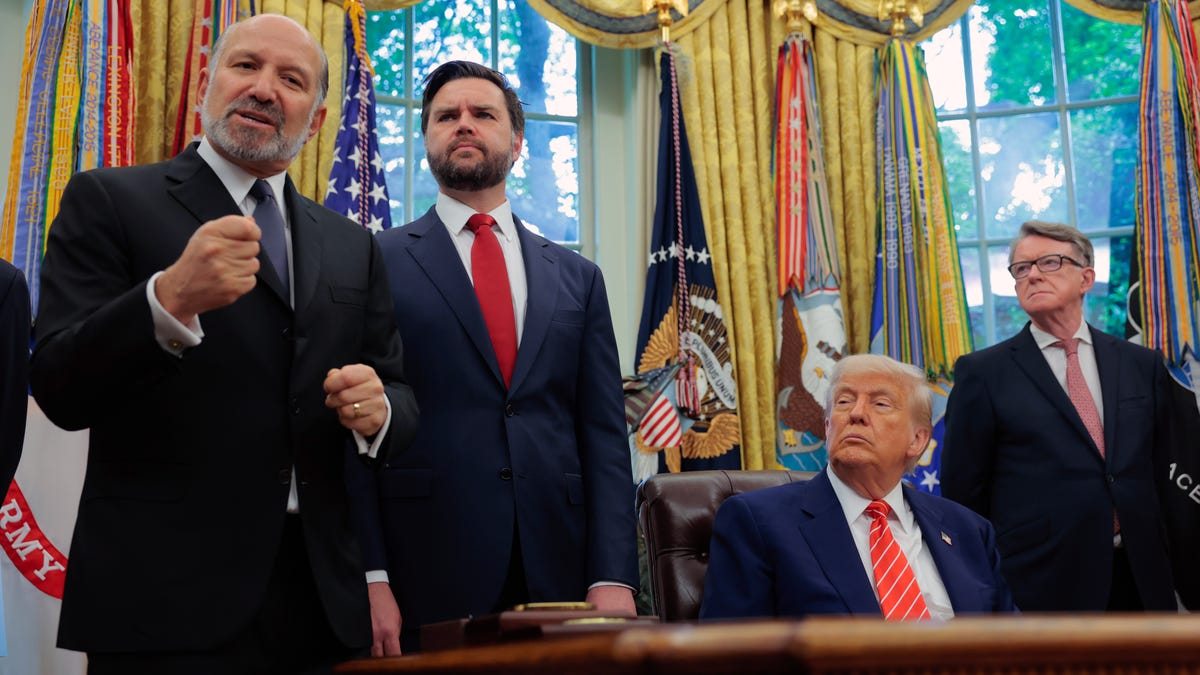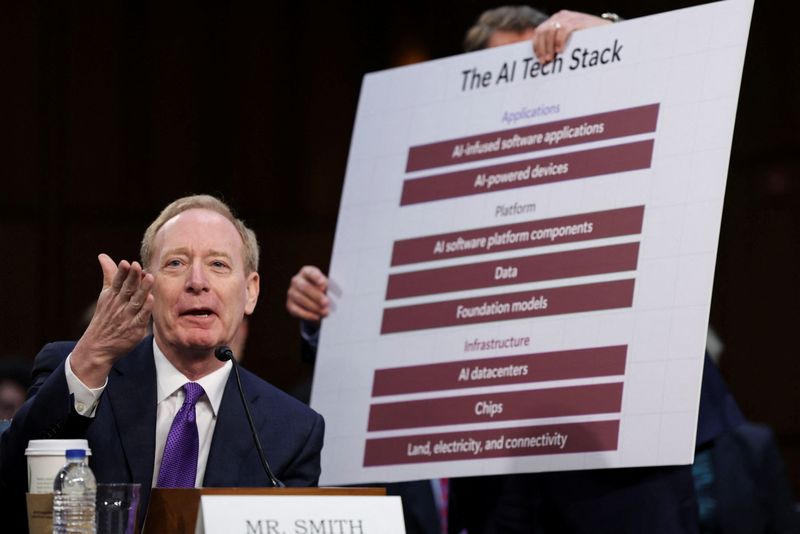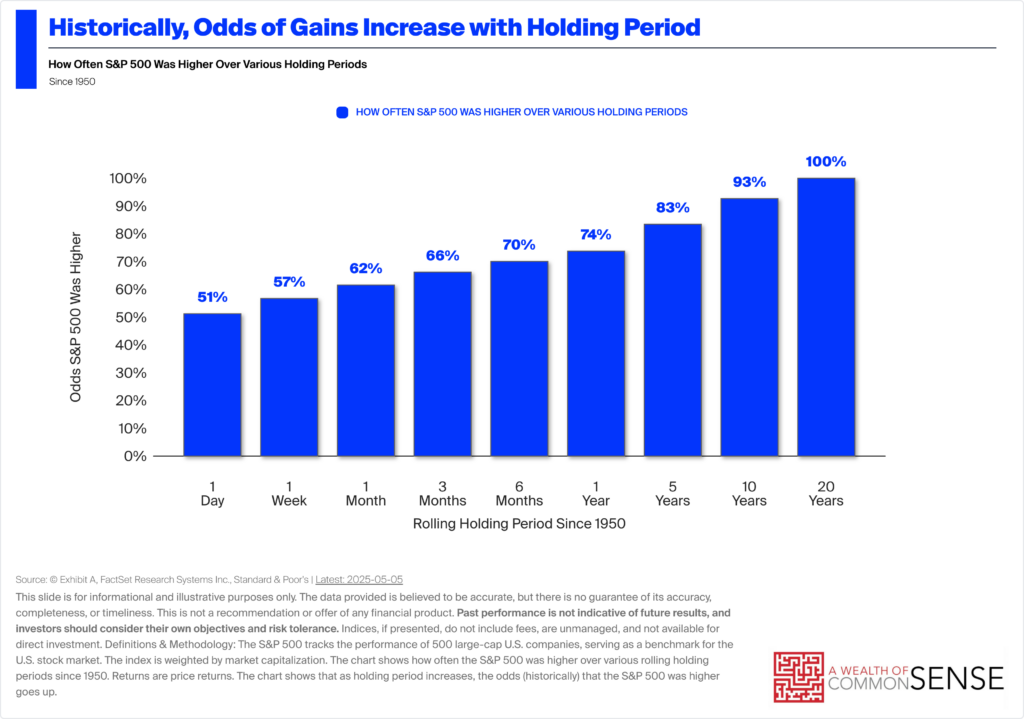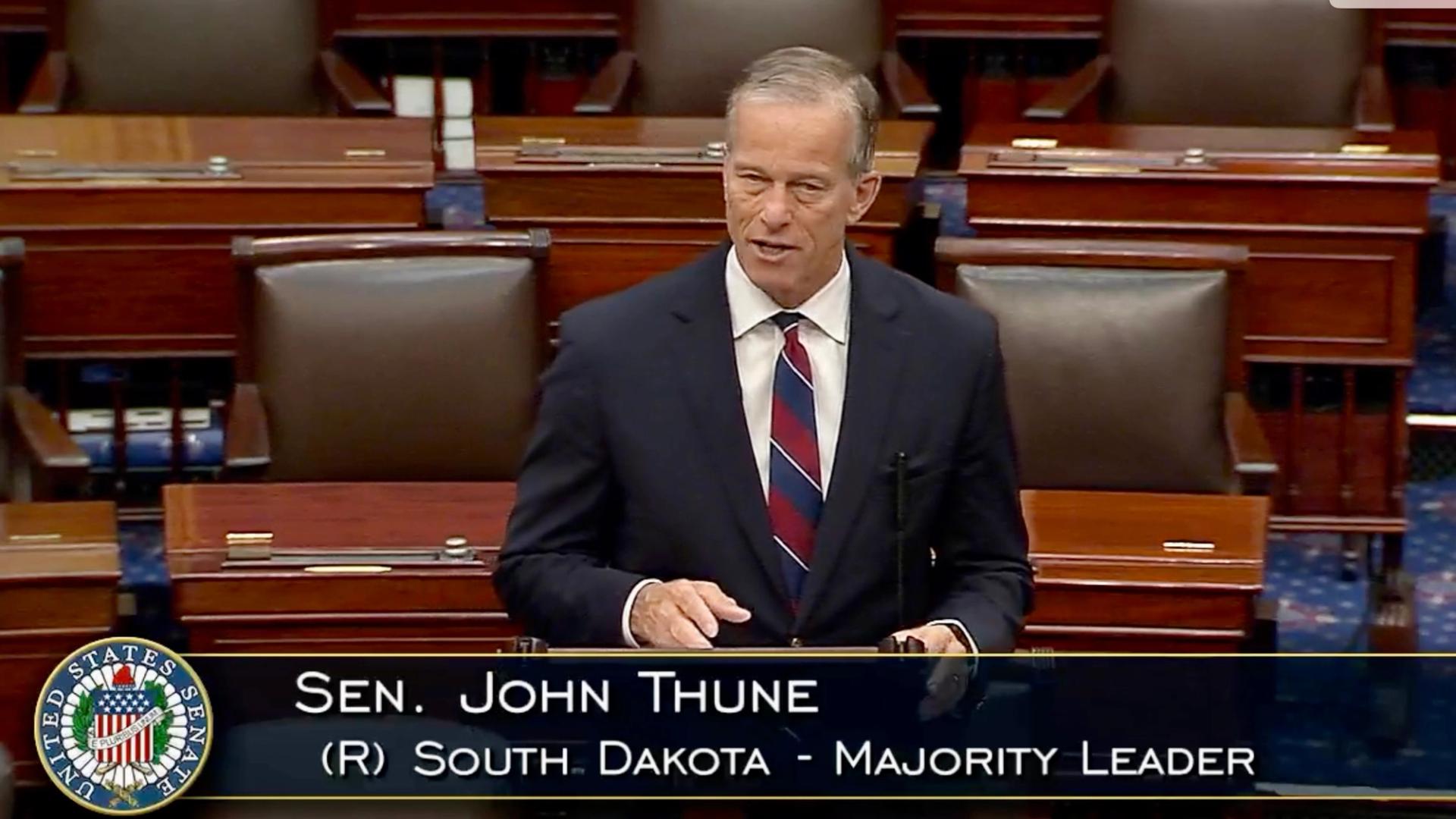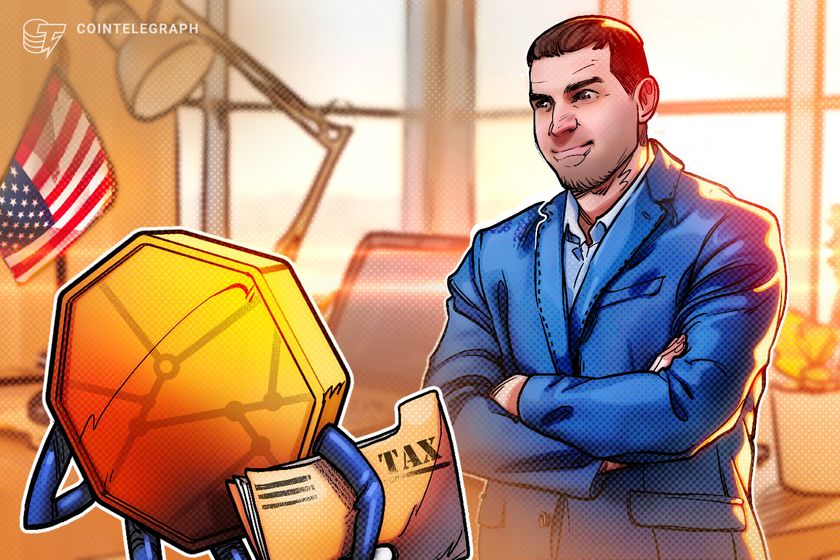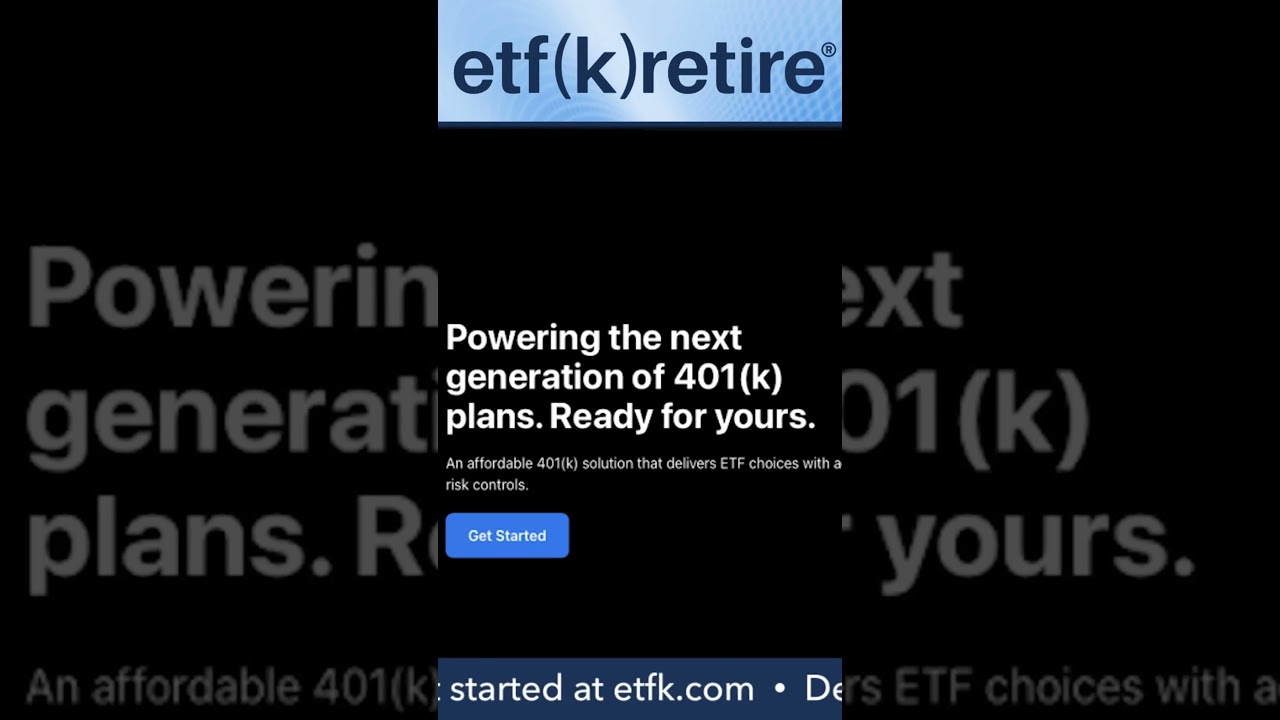China’s six-year-olds are being offered AI classes in school—and now 250 CEOs want the lessons to come to America
The CEOs of Microsoft, Airbnb, and Uber are among over 250 business leaders who are demanding computer science and AI education for all students: "We must prepare our children for the future," they say.

- The CEOs of Microsoft, Airbnb, and Uber are among over 250 business leaders who are demanding computer science and AI education for all students. Failing to do so could be a $660 billion mistake and risk the U.S. falling further behind China and South Korea, they say.
The U.S. and China are in an artificial intelligence race—and the competition is now extending all the way to the classroom.
Over 250 CEOs, the likes of Microsoft’s Satya Nadella, Airbnb’s Brian Chesky, and Uber’s Dara Khosrowshahi, have joined forces to sound the alarm bells that the U.S. is falling behind in technological competitiveness—but it can be solved, they say, by making computer science and AI education mandatory for every U.S. student.
“In the age of AI, we must prepare our children for the future—to be AI creators, not just consumers,” the CEOs wrote in a letter sent to lawmakers this week. “A basic foundation in computer science and AI is crucial for helping every student thrive in a technology-driven world. Without it, they risk falling behind.”
Exposing every member of Gen Alpha and Gen Z to tech education could bring dramatic impact, the CEOs say; Over $660 billion in economic potential every year could be unlocked, and students’ wages would increase by 8%, no matter the career path or whether they attend college.
The U.S. is ‘falling behind’ with AI education
Compared to other nations, like China and South Korea, the U.S. is “falling behind,” the CEOs said.
In China’s capital, Beijing, primary and secondary schools are set to offer at least eight hours of AI classes every academic year. Students as young as six years old will soon be taught topics like how to properly use chatbots and the ethics of AI.
By next year, South Korea plans to have trained all of its teachers how to effectively use AI technology to transform the classroom, and the country has already begun rolling out AI digital textbooks to students across the country in subjects like English, math, and information.
Back in the U.S., President Donald Trump recently signed an executive order to promote AI literacy for every student, but it’s unclear what the tangible outcomes of that will be.
Despite decades-long calls for increased tech literacy, just 12 states have implemented a computer science graduation requirement, and last year, only a mere 6.4% of all high school students enrolled in a computer science course.
CEOs are worried about the state of education
Both LinkedIn and the World Economic Forum recently concluded that AI literacy is the fastest-growing AI skill needed to succeed in the workplace. And tech leaders, like OpenAI’s Sam Altman, agree that learning to leverage AI is the most important ability students can master.
“The obvious tactical thing is just get really good at using AI tools,” Altman told Stratechery.
“Like when I was graduating as a senior from high school, the obvious tactical thing was to get really good at coding, and this is the new version of that.”
However, the world of education has yet to unite on the best strategy for teaching young people. Meta CEO Mark Zuckerberg recently went so far to say that higher education in particular is not preparing students for the current and future job market.
“I’m not sure that college is preparing people for the jobs that they need to have today. I think that there’s a big issue on that, and all the student debt issues are…really big,” Zuckerberg said on the This Past Weekend podcast with Theo Von.
For Code.org’s president, Cameron Wilson—who organized the 250-CEO strong letter— the solution is simple:
“Computer science and AI unlock a doorway to skills K-12 students need to thrive in an economy that changes by the minute,” he said in a press release.
This story was originally featured on Fortune.com





















